What do you think will happen to you when you die? What do others think will happen? As we are all human, we can be sure that after this life, we all face the same options, no matter what we currently think or believe. If you are reading this, you probably believe that you are created by a loving God Who awaits your arrival after death, and you are working to know Him better so that you are properly prepared.
What can we do to prepare ourselves for this moment, this crossing-over from this life to the next (because our souls are never “dead” – our memories, wills, and understanding are ever alive and ever ours, in this life and the next!)? What can we do to “be saved”?
When someone asks him if only a small number of people will be saved, Jesus has a clear opportunity to assure everyone: It’s easy. Everyone can do it. Just be nice and share!
But this is not what is true. Jesus instead gives us an indication of the effort we must exert when he says, “Strive to enter through the narrow gate, for many, I tell you, will attempt to enter, but will not be strong enough.” What kind of “strength” do we need? Our Second Reading today (Heb 12) tells us we need to be reproved and disciplined by the Lord through patient endurance of trials; it is this kind of suffering that strengthens our “drooping hands and weak knees” so that “what is lame may not be disjointed but healed.” God Himself is a good Father Who sees where our weakness is, and Who will teach us what we need to know to be strong and whole, without breaking us. The difficulties and pain and confusion of this life are allowed by God because this is what will finally make us strong enough to enter through the narrow gate.
This is a hard saying in a world where we generally avoid difficult and painful things and seek ways to rest in security and comfort. But the Gospel is always the place where worldly understanding is turned upside down so that we learn to reject the priorities of the culture and even of our own weaker nature and to embrace the challenge to do hard things for the greater good, our own good, and love of God. The Gospel is always reminding us that we need saving, that by ourselves we can do nothing, but if we continually open ourselves fully to God, HE can do all things. We are weak, but in Christ we are made strong enough to enter through the narrow gate of LIFE.
¿Qué crees que te pasará cuando te mueres? ¿Qué piensan los demás que pasará? Como todos somos humanos, podemos estar seguros de que después de esta vida, todos enfrentamos las mismas opciones, sin importar lo que pensemos o creamos actualmente. Si estás leyendo esto, probablemente creas que fuiste creado por un Dios amoroso que espera tu llegada después de la muerte, y estás trabajando para conocerlo mejor para que estés debidamente preparado.
¿Qué podemos hacer para prepararnos para este momento, este cruce de esta vida a la siguiente (porque nuestras almas nunca están “muertas” – nuestros recuerdos, voluntades y entendimiento están siempre vivos y son siempre nuestros, en esta vida y en la siguiente)? ¿Qué podemos hacer para “ser salvados”?
Cuando alguien le pregunta si solo un pequeño número de personas se salvará, Jesús tiene una oportunidad clara para asegurarles a todos que es fácil, que todo el mundo puede hacerlo. ¡Solo sé amable y comparte con los demás!
Pero esto no es cierto. Jesús en cambio nos da una indicación del esfuerzo que debemos hacer cuando dice: “Esfuércense en entrar por la puerta, que es angosta, pues yo les aseguro que muchos tratarán de entrar y no podrán.”. ¿Qué tipo de “fuerza” necesitamos? Nuestra segunda lectura de hoy (Hebreos 12) nos dice que necesitamos ser reprendidos y disciplinados por el Señor a través de la paciencia en las pruebas; es este tipo de sufrimiento el que fortalece nuestras “manos cansadas y sus rodillas vacilantes” para que “el cojo ya no se tropiece, sino más bien se alivie”. Dios mismo es un buen Padre que ve dónde está nuestra debilidad y que nos enseñará lo que necesitamos saber para ser fuertes y completos, sin quebrarnos. Dios permite las dificultades, el dolor y la confusión de esta vida porque esto es lo que finalmente nos hará lo suficientemente fuertes para entrar por la puerta estrecha.
Este es un dicho difícil en un mundo donde generalmente evitamos las cosas difíciles y dolorosas y buscamos formas de descansar en seguridad y comodidad. Pero el Evangelio es siempre el lugar donde la comprensión mundana se pone patas arriba para que aprendamos a rechazar las prioridades de la cultura e incluso de nuestra propia naturaleza más débil y a aceptar el desafío de hacer cosas difíciles por el bien mayor, nuestro propio bien y amor de Dios. El Evangelio siempre nos está recordando que necesitamos la salvación, que solos no podemos hacer nada, pero si continuamente nos abrimos completamente a Dios, ÉL puede hacer todas las cosas. Somos débiles, pero en Cristo somos lo suficientemente fuertes para entrar por la puerta estrecha de la VIDA.
 Kathryn Mulderink, MA, is married to Robert, Station Manager for Holy Family Radio. Together they have seven children (including Father Rob), and four grandchildren. She is President of the local community of Secular Discalced Carmelites and has published five books and many articles. Over the last 30 years, she has worked as a teacher, headmistress, catechist, Pastoral Associate, and DRE, and as a writer and voice talent for Catholic Radio. Currently, she serves the Church by writing and speaking, and by collaborating with various parishes and to lead others to encounter Christ and engage their faith. Her website is www.KathrynTherese.com
Kathryn Mulderink, MA, is married to Robert, Station Manager for Holy Family Radio. Together they have seven children (including Father Rob), and four grandchildren. She is President of the local community of Secular Discalced Carmelites and has published five books and many articles. Over the last 30 years, she has worked as a teacher, headmistress, catechist, Pastoral Associate, and DRE, and as a writer and voice talent for Catholic Radio. Currently, she serves the Church by writing and speaking, and by collaborating with various parishes and to lead others to encounter Christ and engage their faith. Her website is www.KathrynTherese.com
Feature Image Credit: sasint, pixabay.com/photos/sunset-men-silhouettes-helping-1807524/

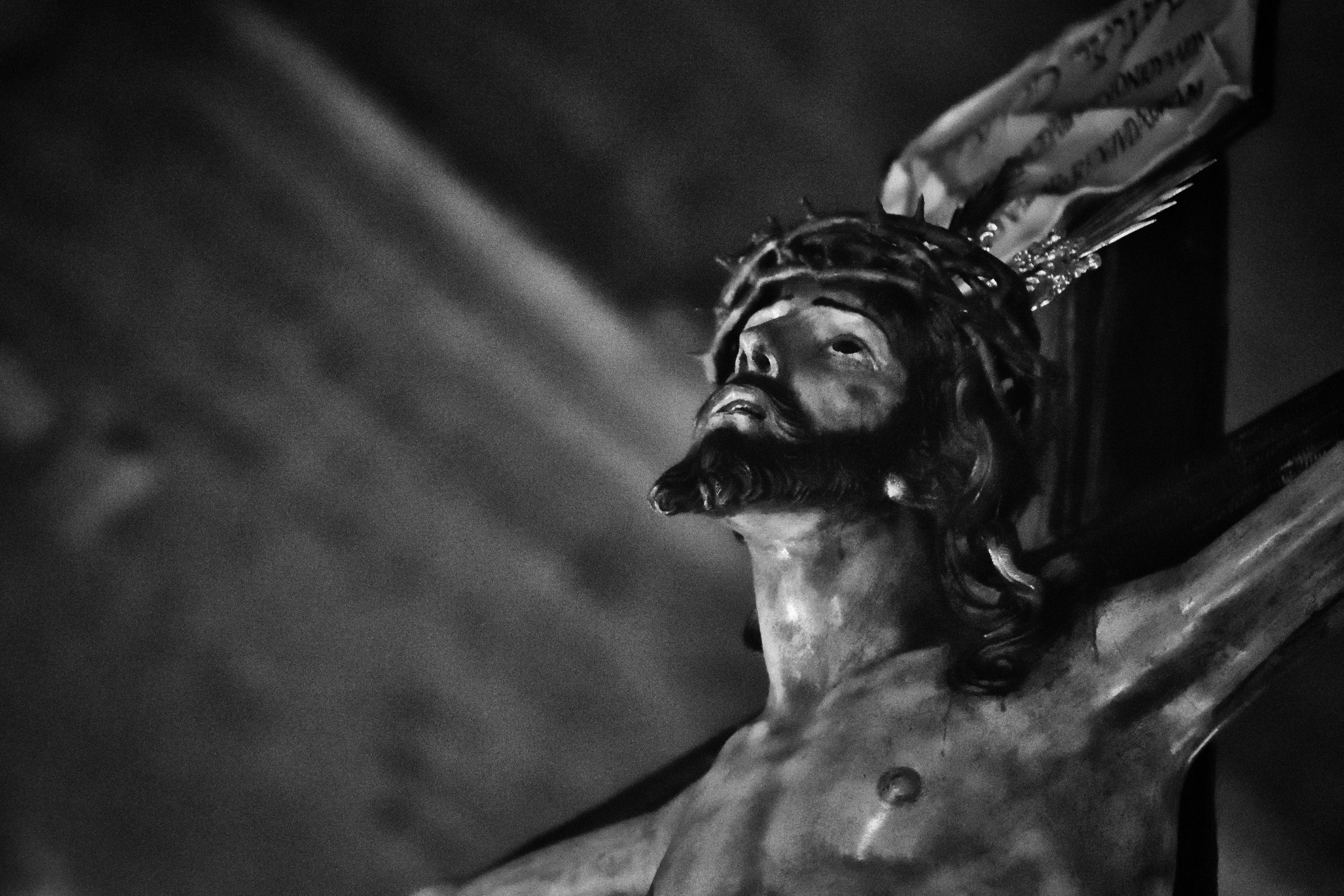
 Dakota lives in Denver, CO with her husband, Ralph, and their two sons, Alfie & Theophilus. She is the Dean of Enrollment Management for Bishop Machebeuf High School where her husband also teaches. You can find Dakota at the zoo or a brewery with her family or with her nose in a book at home. For more of Dakota’s writing check out
Dakota lives in Denver, CO with her husband, Ralph, and their two sons, Alfie & Theophilus. She is the Dean of Enrollment Management for Bishop Machebeuf High School where her husband also teaches. You can find Dakota at the zoo or a brewery with her family or with her nose in a book at home. For more of Dakota’s writing check out 

 Tami Urcia grew up in Western Michigan, a middle child in a large Catholic family. She spent early young adulthood as a missionary in Mexico, studying theology and philosophy, then worked and traveled extensively before finishing her Bachelor’s Degree in Western Kentucky. She loves tackling projects, finding fun ways to keep her little ones occupied, quiet conversation with the hubby and finding unique ways to love. She works at for Christian Healthcare Centers, is a guest blogger on
Tami Urcia grew up in Western Michigan, a middle child in a large Catholic family. She spent early young adulthood as a missionary in Mexico, studying theology and philosophy, then worked and traveled extensively before finishing her Bachelor’s Degree in Western Kentucky. She loves tackling projects, finding fun ways to keep her little ones occupied, quiet conversation with the hubby and finding unique ways to love. She works at for Christian Healthcare Centers, is a guest blogger on 

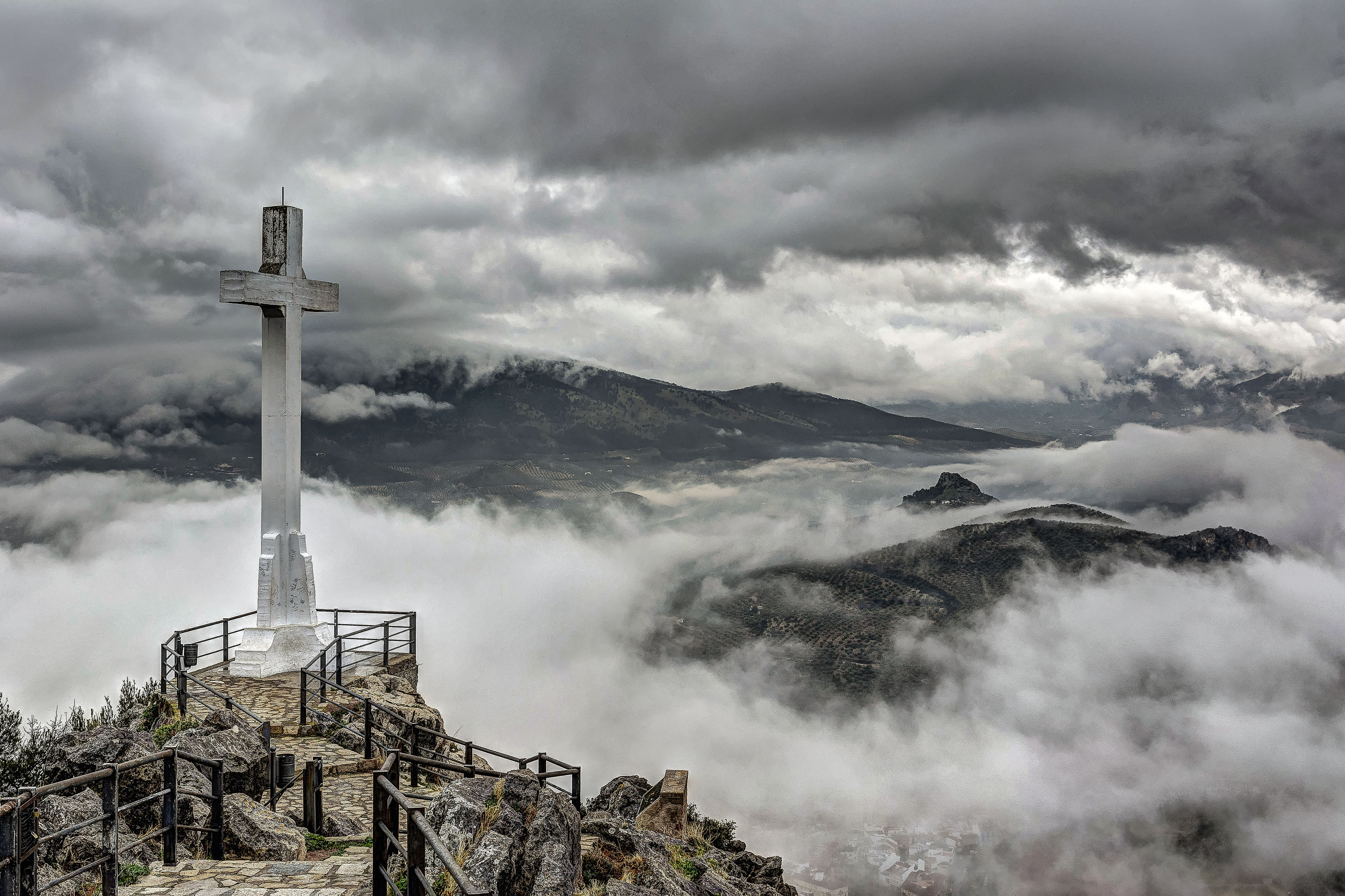
 Emily Jaminet is a Catholic author, speaker, radio personality, wife, and mother of seven children. She earned a bachelor’s degree in mental health and human services from the Franciscan University of Steubenville. She is the co-founder of
Emily Jaminet is a Catholic author, speaker, radio personality, wife, and mother of seven children. She earned a bachelor’s degree in mental health and human services from the Franciscan University of Steubenville. She is the co-founder of 
 Mike Karpus is a regular guy. He grew up in Michigan’s Upper Peninsula, graduated from Michigan State University and works as an editor. He is married to a Catholic school principal, raised two daughters who became Catholic school teachers at points in their careers, and now relishes his two grandchildren, including the 3-year-old who teaches him what the colors of Father’s chasubles mean. He has served on a Catholic School board, a pastoral council and a parish stewardship committee. He currently is a lector at Mass, a Knight of Columbus, Adult Faith Formation Committee member and a board member of the local Habitat for Humanity organization. But mostly he’s a regular guy.
Mike Karpus is a regular guy. He grew up in Michigan’s Upper Peninsula, graduated from Michigan State University and works as an editor. He is married to a Catholic school principal, raised two daughters who became Catholic school teachers at points in their careers, and now relishes his two grandchildren, including the 3-year-old who teaches him what the colors of Father’s chasubles mean. He has served on a Catholic School board, a pastoral council and a parish stewardship committee. He currently is a lector at Mass, a Knight of Columbus, Adult Faith Formation Committee member and a board member of the local Habitat for Humanity organization. But mostly he’s a regular guy.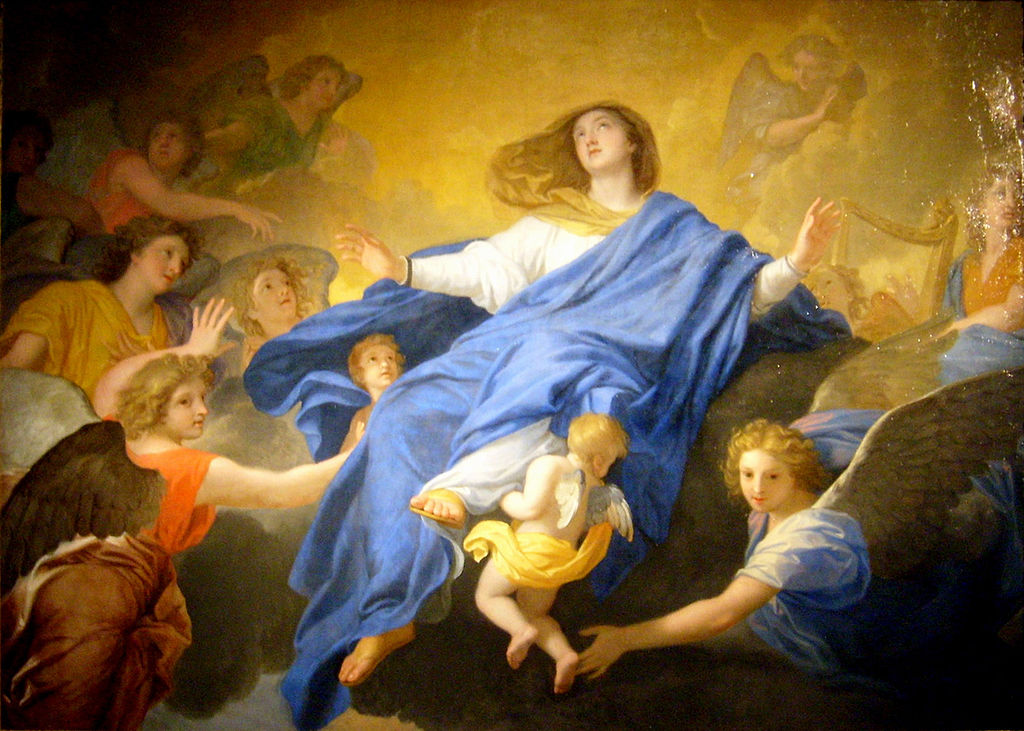
 Kathryn James Hermes, FSP, is the author of the newly released title
Kathryn James Hermes, FSP, is the author of the newly released title


 Christine Hanus is a thwarted idealist who, nevertheless, lives quite happily in Upstate NY. She is a wife and mother of five grown children.
Christine Hanus is a thwarted idealist who, nevertheless, lives quite happily in Upstate NY. She is a wife and mother of five grown children.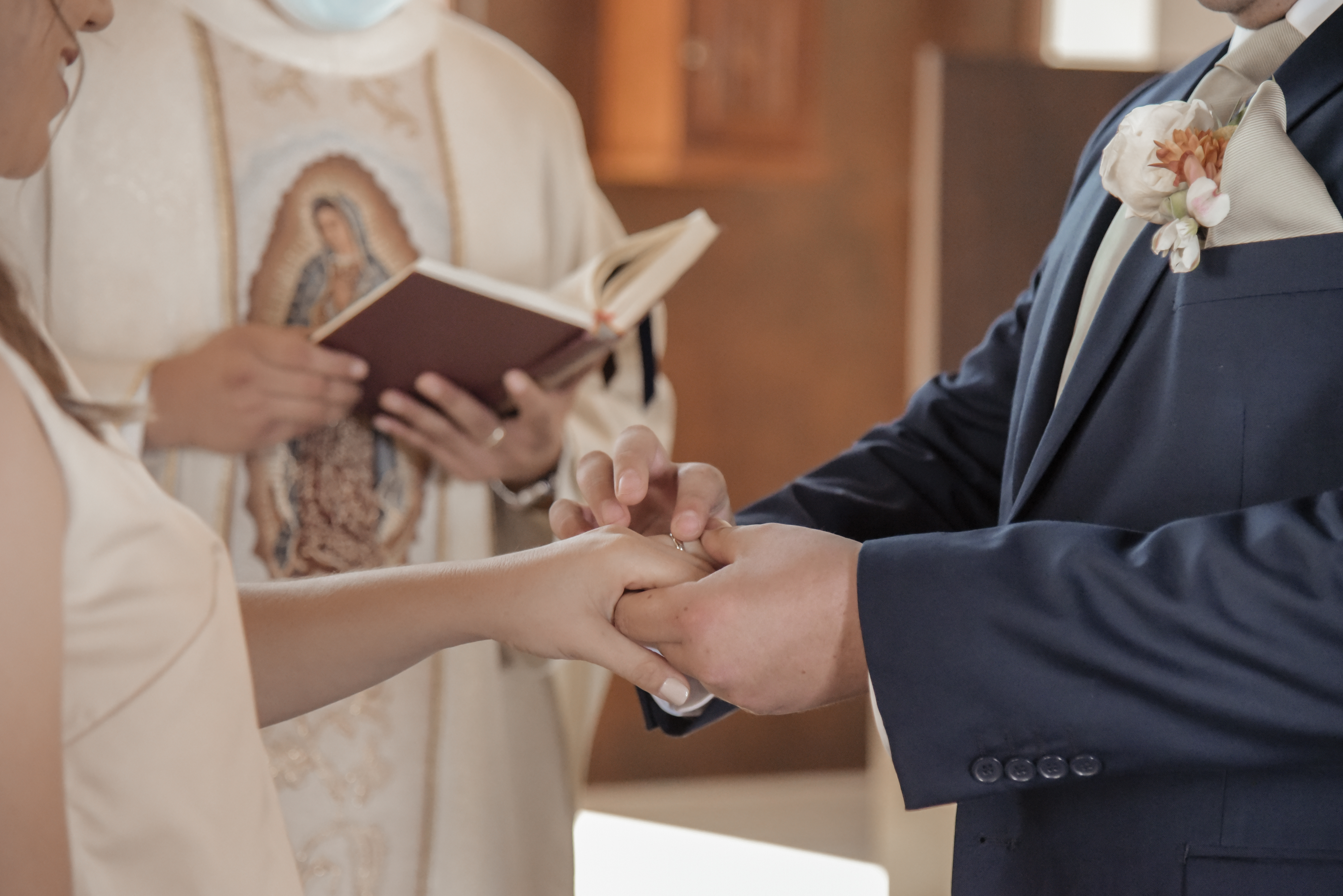
 David Dashiell is a freelance author and editor in Nashville, Tennessee. He has a master’s degree in theology from Franciscan University, and is the editor of the anthology
David Dashiell is a freelance author and editor in Nashville, Tennessee. He has a master’s degree in theology from Franciscan University, and is the editor of the anthology 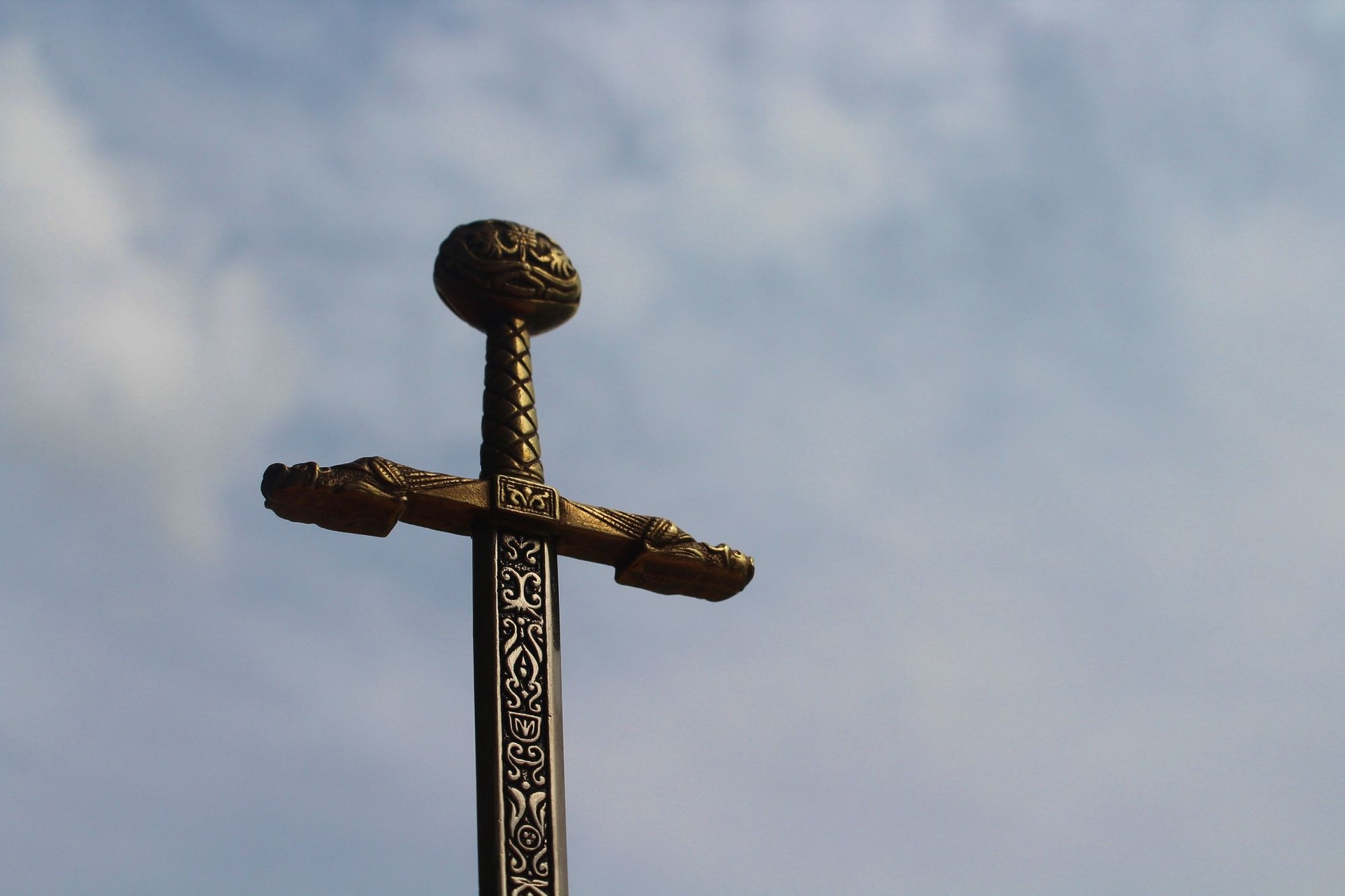
 Kate Taliaferro is an Air Force wife and mother. She is blessed to be able to homeschool, bake bread and fold endless piles of laundry. When not planning a school day, writing a blog post or cooking pasta, Kate can be found curled up with a book or working with some kind of fiber craft. Kate blogs at
Kate Taliaferro is an Air Force wife and mother. She is blessed to be able to homeschool, bake bread and fold endless piles of laundry. When not planning a school day, writing a blog post or cooking pasta, Kate can be found curled up with a book or working with some kind of fiber craft. Kate blogs at 